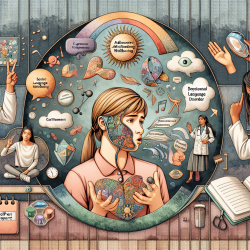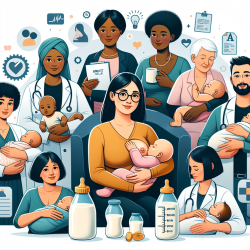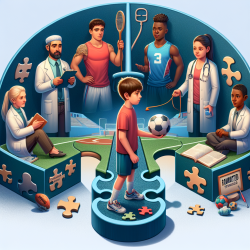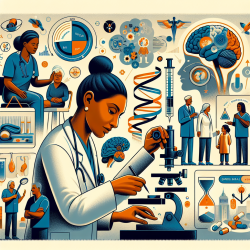As practitioners dedicated to enhancing the lives of children with Developmental Language Disorder (DLD), understanding their wellbeing is crucial. A recent study titled Consistency of Parental and Self-Reported Adolescent Wellbeing: Evidence From Developmental Language Disorder provides valuable insights that can guide our interventions and support strategies.
The study compared parent and self-reported wellbeing of adolescents with DLD, Low Language (LL) ability, and their Typically Developing (TD) peers. Here are the key findings and their implications for practice:
- Discrepancy in Wellbeing Reports: Adolescents with DLD and LL report similar levels of wellbeing to their TD peers across several dimensions. However, parents often perceive their children's wellbeing as lower, especially in Psychological Wellbeing. This discrepancy underscores the importance of considering both perspectives when assessing wellbeing.
- Predictors of Agreement: Factors influencing the agreement between parent and adolescent reports vary. For adolescents with LL, cognitive reappraisal and sociability are significant predictors, while for those with DLD and TD, social competence is more predictive. Tailoring interventions to enhance these skills can improve overall wellbeing and alignment between parent and child perceptions.
- Targeted Interventions: The study highlights the need for interventions focusing on Autonomy and Parental Relations for adolescents with DLD, as they report lower wellbeing in these areas. Additionally, improving the School Environment for both DLD and LL groups can be beneficial.
These findings emphasize the necessity of including adolescents' self-reports in wellbeing assessments. Practitioners should develop strategies that address the specific needs of children with DLD and LL, fostering environments that support their psychological and social development.
For further details, I encourage you to read the original research paper: Consistency of Parental and Self-Reported Adolescent Wellbeing: Evidence From Developmental Language Disorder.










